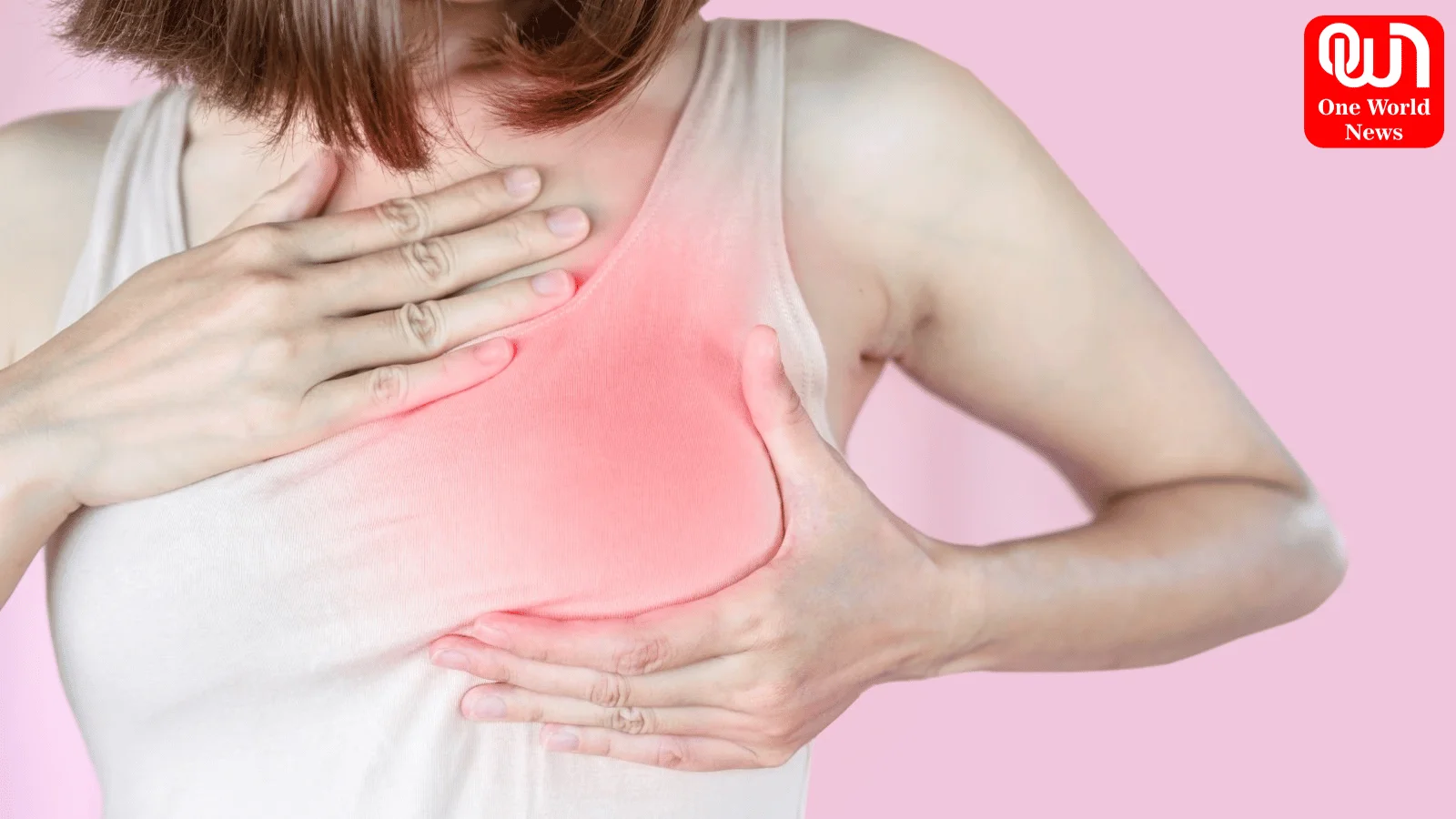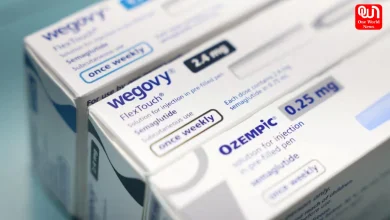Sore nipples: why are my nipples sore? 10 possible reasons
Why do you have Sore nipples? The reasons can be from breastfeeding to hormonal imbalances!
Are Sore nipples troubling you? This could be the reason!
Sore nipples can be uncomfortable and concerning, prompting individuals to seek answers about the underlying causes. While the reasons for sore nipples can vary widely depending on individual circumstances, here are ten possible explanations for why your nipples may be sore:
1. Hormonal Changes:
Fluctuations in hormone levels, particularly estrogen and progesterone, can cause breast tenderness and nipple soreness. This often occurs during menstrual cycles, pregnancy, breastfeeding, or menopause, as hormonal shifts affect breast tissue sensitivity.
2. Friction or Chafing:
Excessive friction or rubbing against clothing, especially during physical activity or exercise, can irritate the nipples and lead to soreness. Wearing poorly fitting bras or engaging in activities that cause repetitive motion can exacerbate this problem.
3. Allergic Reactions:
Skin allergies to fabrics, laundry detergents, body lotions, or nipple creams can cause irritation and soreness. Pay attention to any new products or materials that come into contact with your skin and consider switching to hypoallergenic alternatives if necessary.
4. Breastfeeding Issues:
Nipple soreness is common among breastfeeding mothers, often due to improper latch, engorgement, or thrush (a fungal infection). Seeking guidance from a lactation consultant or healthcare provider can help address breastfeeding challenges and alleviate nipple discomfort.
Read More: How introverts can gain visibility in the workplace (oneworldnews.com)
5. Hormonal Birth Control:
Some individuals may experience nipple soreness as a side effect of hormonal contraceptives, such as birth control pills, patches, or hormonal IUDs. If you suspect that your birth control method is causing nipple soreness, consult your healthcare provider to explore alternative options.
6. Mastitis or Infections:
Mastitis, an inflammation of breast tissue, and other infections, such as bacterial or fungal infections, can cause nipple soreness, redness, and swelling. Seek medical attention if you experience symptoms of infection, as prompt treatment is essential to prevent complications.
7. Menopause:
During menopause, hormonal changes can lead to decreased estrogen levels and changes in breast tissue, including increased sensitivity and soreness. Hormone replacement therapy or lifestyle modifications may help alleviate symptoms of menopausal nipple soreness.
8. Hormonal Disorders:
Certain hormonal disorders, such as polycystic ovary syndrome (PCOS) or thyroid disorders, can affect hormone levels and contribute to breast tenderness and nipple soreness. Consult your healthcare provider for evaluation and management of underlying hormonal imbalances.
9. Trauma or Injury:
Physical trauma or injury to the breast or nipple, such as a blow, fall, or accident, can cause soreness, bruising, or even damage to breast tissue. Apply ice packs and seek medical attention if you experience severe pain or swelling after an injury.
10. Breast Conditions:
Certain breast conditions, such as fibrocystic changes, benign breast lumps, or breast cysts, can cause breast tenderness and nipple soreness. Regular breast self-exams and routine screenings can help detect any abnormalities early and facilitate appropriate management.
Read More: Who invented butter chicken? The debate continues! (oneworldnews.com)
While occasional nipple soreness is often benign and resolves on its own, persistent or severe symptoms warrant evaluation by a healthcare professional to rule out underlying conditions or complications. By understanding the potential causes of nipple soreness and seeking timely medical attention when needed, individuals can address discomfort and promote breast health and well-being.
Like this post?
Register at One World News to never miss out on videos, celeb interviews, and best reads.








